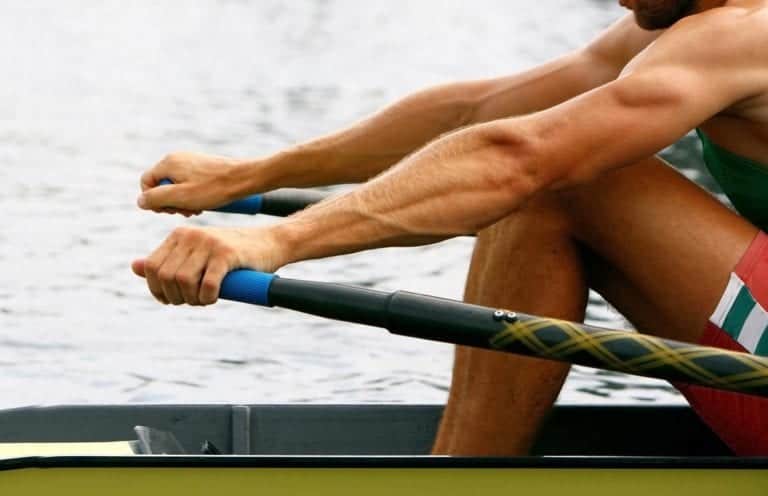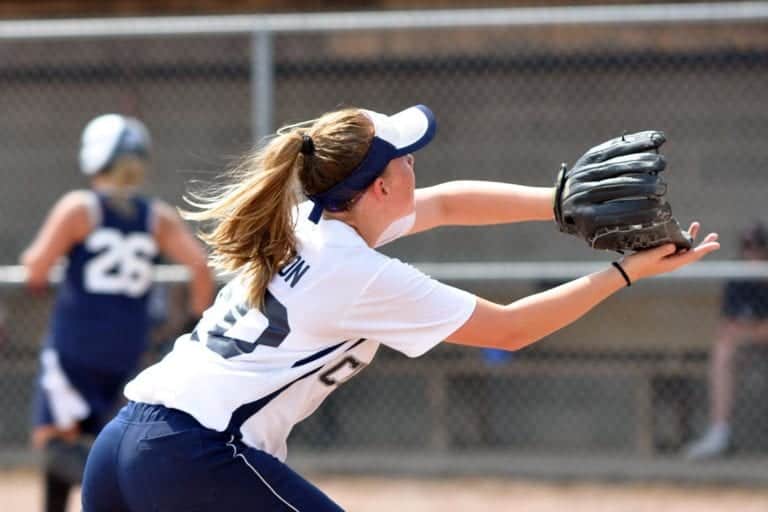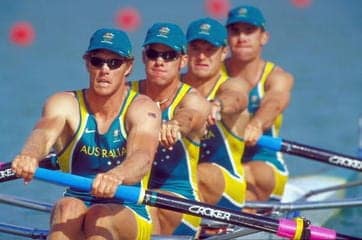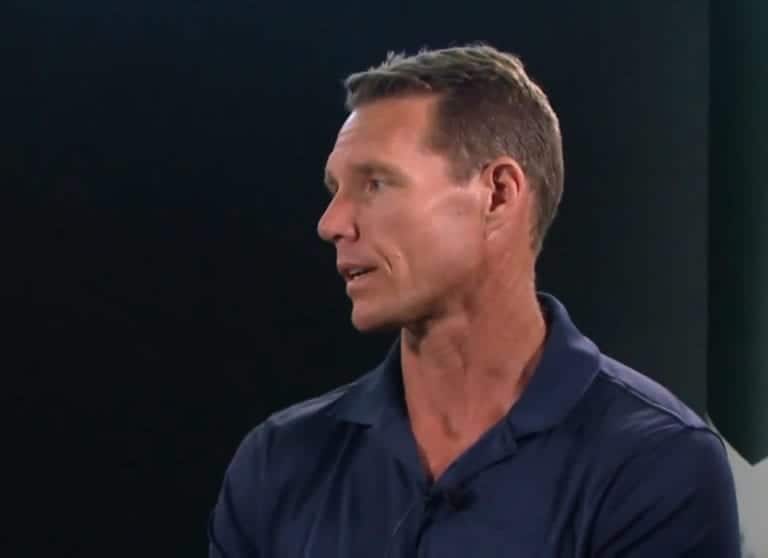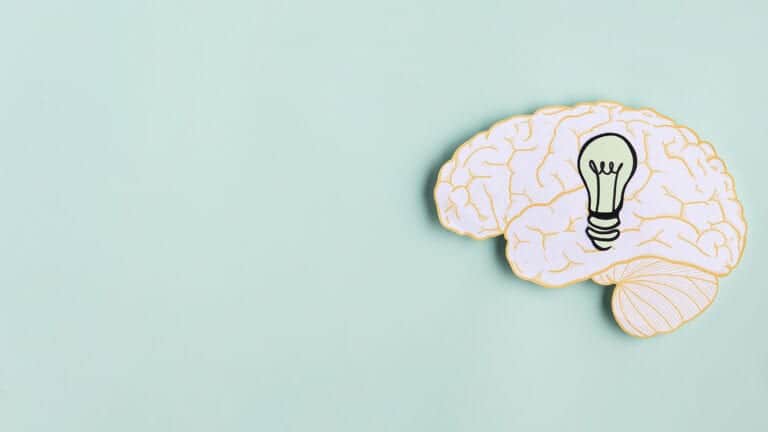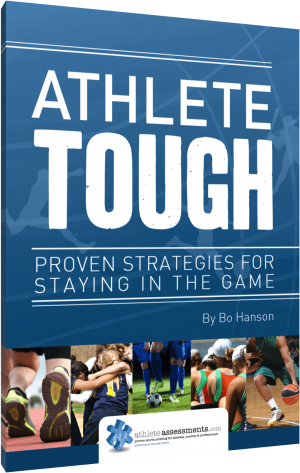Creating an environment that enables the development of mental skills; resilience, grit, the ability to perform under pressure and mental toughness
From little things, big things grow and that’s definitely true of mental toughness.
Mental toughness is like a muscle that needs to be exercised regularly. In this article we’ll examine whether we as Coaches are providing Millennials (or any aged athlete) with enough opportunities to grow the mental skills that produce award-winning performances.
To open the article I’d like to share a story that Bo Hanson, our Senior Consultant recounted about a weekend at the beach. It went like this. . .
“We’re walking through the car park at our local beach, everyone was keen to get in the water, the sun was shining, there was a slight breeze and I could hear the ocean’s clean fresh break in the background. In our home we have a rule about going to the beach; ‘if you want to ride it, you gotta’ carry it’”.
Bo’s back-story is that he has two young daughters who, like all children on the cusp of being a teenager, need guidance to develop self-sufficiency. He explained that they pack their own bags, apply their own sunblock and carry their own gear. Organizing yourself sounds like a small thing, but when it comes to mental skills the small things develop into big things.
Bo says, “sometimes it seems tough when the girls are carrying all their own gear but, by contrast we saw another family in the car park of the same beach and the mum, laden with bags, towels and two surfboards, struggled from the car all the way up the beach while her teenage son, walked along beside her empty-handed. This incident was a poignant reminder to me of how well-intentioned people who want to help their kids are actually disabling them from independence.”
Every environment, no matter how formal or informal, is an opportunity to develop independence and mental skills, especially sporting environments.
The challenge for Coaches and support staff is to allow their athletes to look after themselves. This process is sometimes difficult for those in charge – athletes will often take a temporary step backwards to make large steps forwards.
The question Coaches and support staff need to ask themselves is, “are you creating an enabling or disabling environment for mental toughness?”
Enabling and Disabling Environments
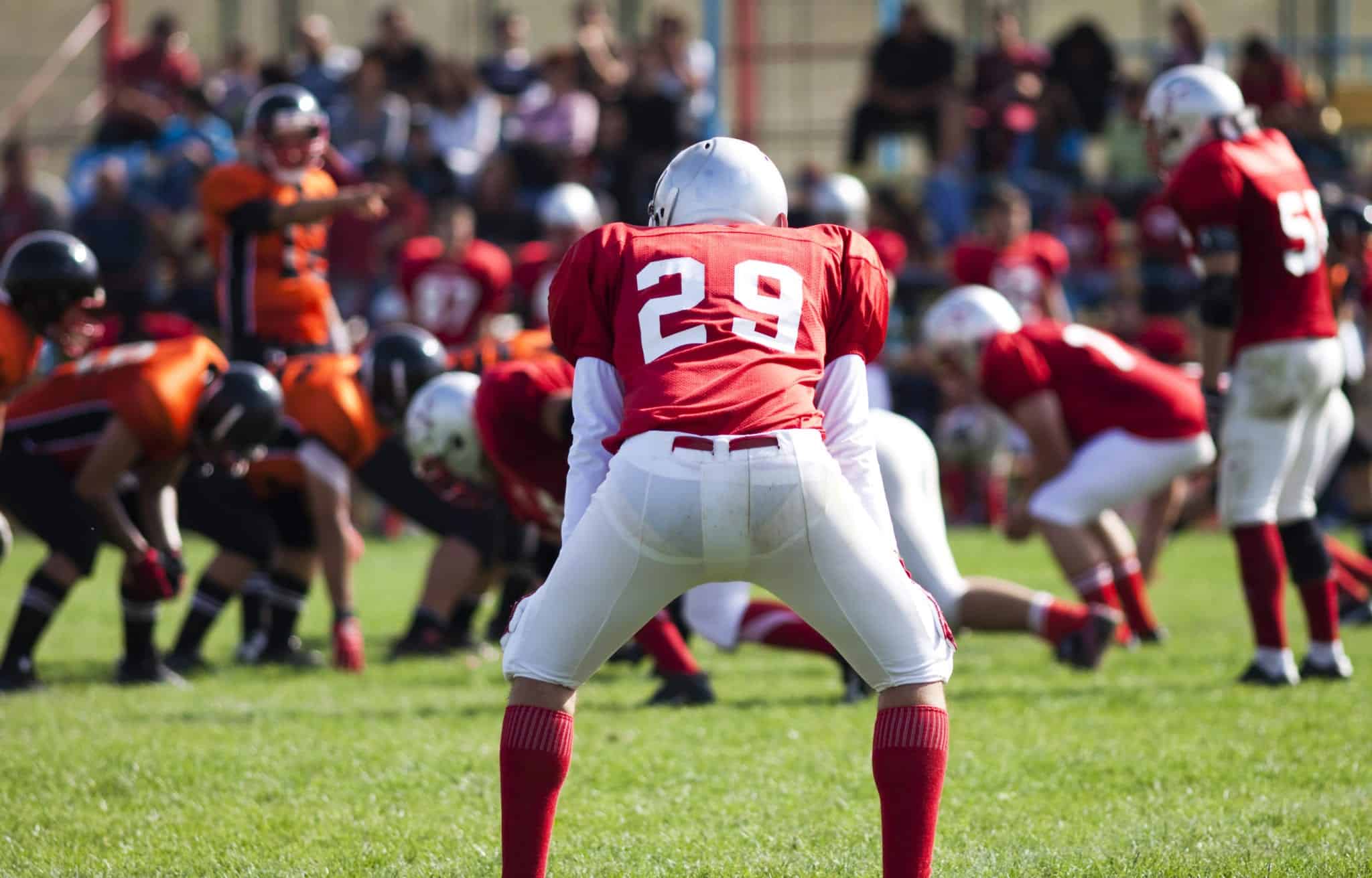 Every team, whether they be at a development level, Division I, national or professional level is stronger when the individual team members are stronger, more able to make decisions for themselves and have effective recovery strategies. Every athlete makes mistakes – the best recover the quickest.
Every team, whether they be at a development level, Division I, national or professional level is stronger when the individual team members are stronger, more able to make decisions for themselves and have effective recovery strategies. Every athlete makes mistakes – the best recover the quickest.
These qualities come together to form a framework for mental toughness. And, like any other technical or physical skill set they can be developed over time. Independence, time management, resilience and self-organization are not qualities that some people are born with while others are not. These skills fall on a spectrum, some people begin with more and others with less but that does not mean they are not capable of developing them.
Environments where well-meaning Coaches and support staff do everything for their athletes, from handing them clean towels to picking up after them and planning game day strategies are actually quite disabling in terms of independence, resilience and mental toughness.
Environments where athletes have to organize themselves or suffer the consequences of being unorganized, hold each other accountable for their performance and behavior, and contribute to performance improving strategies, enable the development of the mental toughness framework.
For example in rowing, whether athletes are racing individually or in a crew, time management is critical. In racing, athletes have to allow time to organize equipment, warm up and row to the start of their race. They prepared for the race without their Coach, who is on a bike beside the course. In training the Coach often looks after a number of crews and consequently can’t be present with each group for all of the training session.
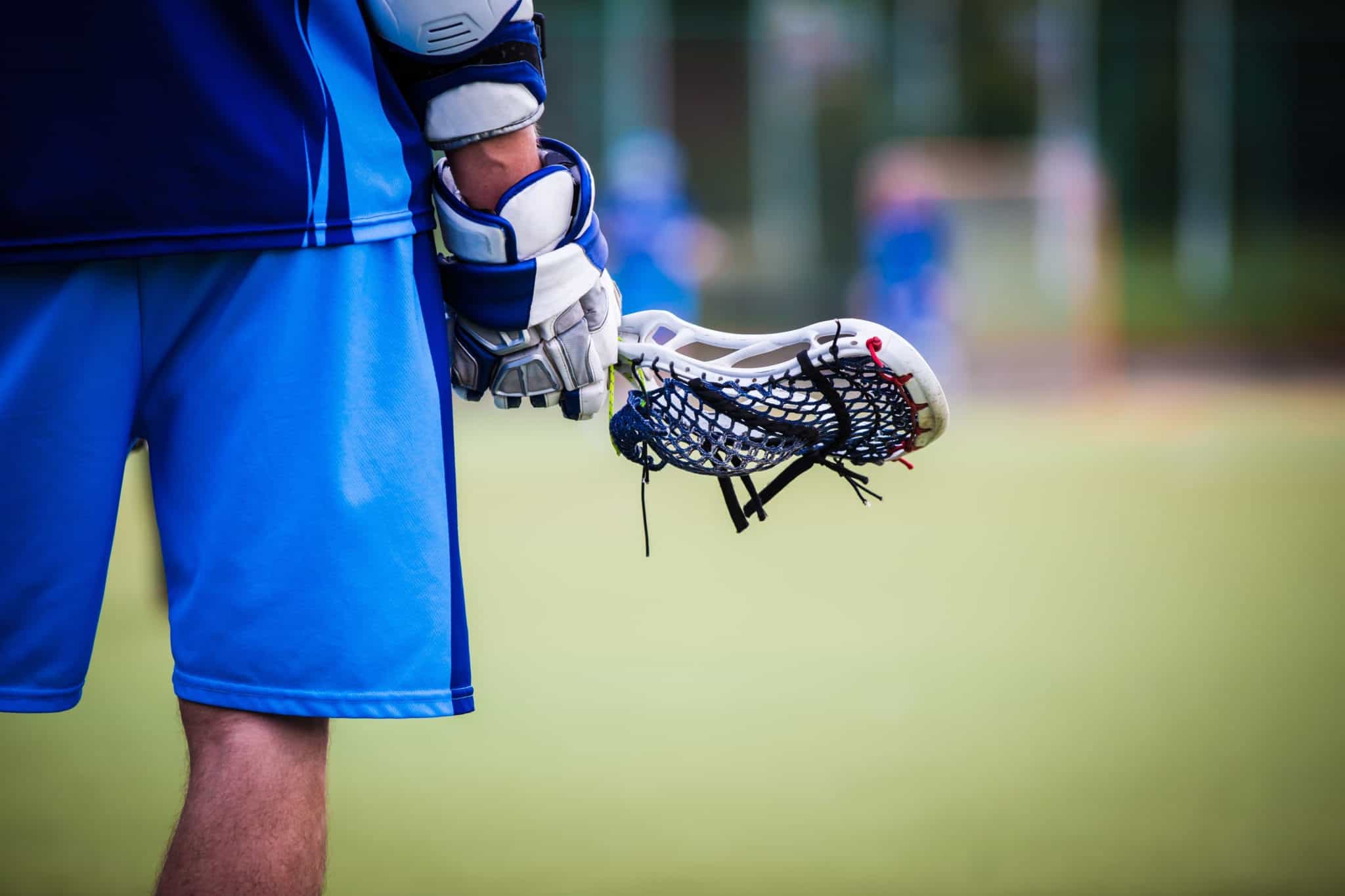
Athletes who can organize themselves, make their own decisions, implement their own improvements and carry out race day strategies quickly demonstrate a competitive advantage. While the consequences are not as immediate in every sport, the competitive advantage is.
Comparatively consider Millennials, this generation of athletes grew up playing highly structured and organized sport. They were not dropped off at school early, so they could experience as much “free play” as what older generations enjoyed. Everything they’ve done has been monitored and controlled by older Coaches, teachers and parents.
This prompts the question, ‘do Millennials lack mental toughness or do their environments foster dependency?’
This high level of involvement from parents and Coaches often results in athletes who’re dependent on the structure that’s created for them and they may need assistance to transition to a state of independence.
Bo Hanson, Senior Consultant for Athlete Assessments explained that he works with a lot of Coaches faced with this situation, but often they don’t interpret it in the same way.
He says, “Coaches often think about mental skills or toughness as a fixed state, rather than something they can grow and develop.”
“Coaches can have a big impact on their players just by creating an enabling environment, an environment which helps them stand on their own two-feet and develops their abilities to solve their own problems. This kind of environment creates resilient and resourceful athletes.”
Many Coaches want their athletes to have it all. They want refined athletic ability, the kind of ability that’s derived from highly targeted talent identification programs and early interventions. But also, they still want their athletes to know how to lead, be tough and take a Coach’s sometimes direct and blunt feedback.
Hanson says, that from his observations and conversations with more than 45,000, athletes, Coaching and support staff it’s extremely rare for a fully developed athlete with all these capabilities to turn up in a program or team at any level.
It was exactly this under-resourced problem that prompted Hanson to develop ATHLETE TOUGH™, a step-by-step workbook and video series.
Importantly, the program doesn’t require any interpretation. It’s ready to implement and takes athletes and Coaches through chapters about staying in the game, teaching toughness, bouncing back, mastering accountability, the most critical relationship in sport and staying tough under pressure. It develops the athlete’s mental skill set by engaging them in reflective journaling, activities and exercises.
WHERE TO FROM HERE…
Developed by Bo Hanson, The ATHLETE TOUGH™ Program is a step-by-step program that coaches can administer through a spaced-over-time approach, taking an individual athlete or team through exercises and activities that address topics like; staying in the game, teaching toughness, bouncing back, mastering accountability, the most critical relationship in sport, and staying tough under pressure. The program develops an athlete’s mental skill set by engaging them in reflective journaling, activities and exercises aimed at building their capacity to navigate challenges in a positive and proactive way. Find out more about the The ATHLETE TOUGH™ Program today.
At Athlete Assessments, we’re experts in the people side of sport. We know sport and live high-performance every day. Our reputation and proven success at the elite level speaks for itself. The results that our National, Olympic, Professional and Collegiate team clients achieve directly reflects their focus on getting the people side right. Contact us today.
Recommended Articles
I was listening to a podcast with a successful Australian cyclist who had won an incredible 11 world titles, but, it wasn’t these titles that shaped her as a competitor, it was the 29 world titles that she contested and lost.
Many believe in the ‘domino effect’ as a natural force in life and subsequently, sport. It’s often referred to as the concept of ‘momentum’. The domino effect is best explained as looking at life, or sport, as a series of somehow connected events or situations. When one domino is pushed, the others all fall until the inevitable end result occurs and a thousand dominos are all lying flat.
Earlier this year I released a Handbook and Video Series called ATHLETE TOUGH™. This project came about because I wanted athletes to understand that qualities such as mental toughness, resilience and grit were in fact teachable skills. Mental toughness is not a mythical quality some are born with and others without.
You’re not alone if you’re confused about the various terms used to describe mental toughness, from grit, sport psychology and mental skills to resilience, there are numerous ways to describe and refer to mental toughness. Do they mean the same thing, or are there important distinctions between them? In this article we cut through the confusion surrounding mental toughness and focus on the most important elements for success in sport.
In conversations I have, coaches often say to me: “So I have this athlete, and they have great physiology, they’ve got a massive VO2, and a really good motor. But they can’t concentrate, are undisciplined, doesn’t listen to me…but they could be such a success”.


